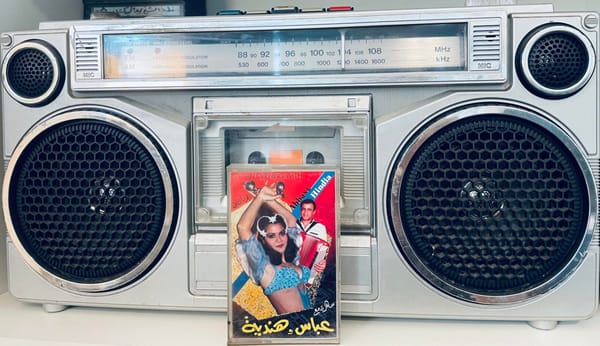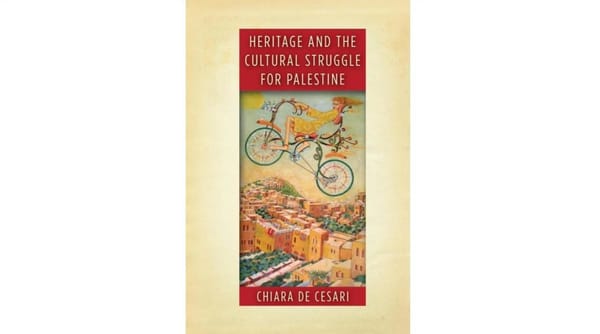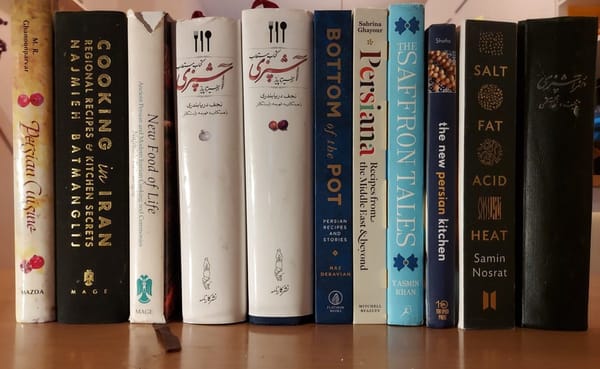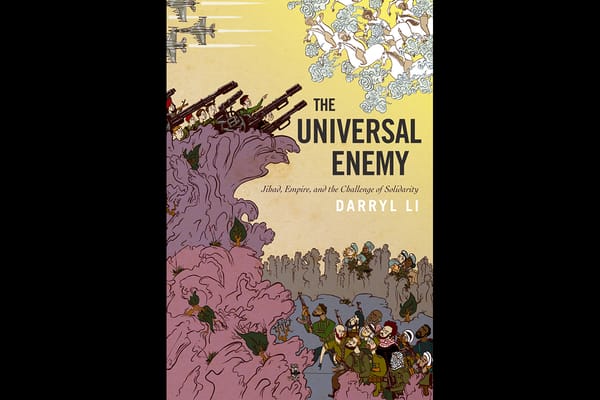

Reviews







Designing Nationhood in Turkey’s Universities
Begüm Adalet reviews Burak Erdim's "Landed Internationals: Planning Cultures, the Academy, and the Making of the Modern Middle East." As in past decades, universities in Turkey are venues of contestation between authority and resistance, with the government imposing its singular vision of a “pious,
The Fog of the Forever War with a Laugh Track in "United States of Al"
As President Joe Biden’s administration struggles to meet its self-imposed deadline of September 11, 2021 to withdraw US forces from Afghanistan, Hollywood is offering its own painless, bloodless version of an end to America’s longest war. In this review of the CBS sitcom "United States of Al," the
Cultural Heritage and the Politics of Sovereignty in Palestine
Elif Kalaycıoğlu reviews Chiara de Cesari's book Heritage and the Cultural Struggle for Palestine, which explores the complex and shifting terrain of Palestinian heritage politics at work in both the Palestinian Authority and civil society organizations over time and under the conditions of settler
The Savor of Memory
Laleh Khalili draws on memories from childhood, her experience of leaving Iran and her ongoing interest in cooking to review a series of classic and contemporary Iranian cookbooks. Through them she reflects on the politics of identity in the Iranian diaspora and the global circuits of foodways refle
Solidarity Is a Country Far Away
Anna Simone Reumert reviews Darryl Li's book The Universal Enemy: Jihad, Empire and the Challenge of Solidarity, an eye-opening ethnographic history of the experience and fate of foreign fighters acting in the name of global Muslim solidarity in the Bosnian war of the 1990s.